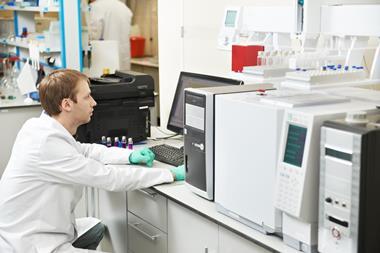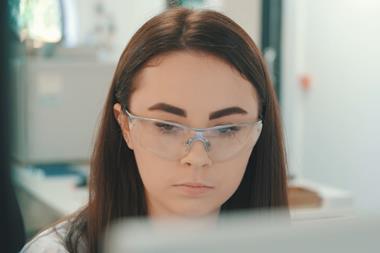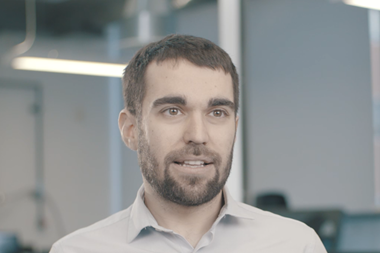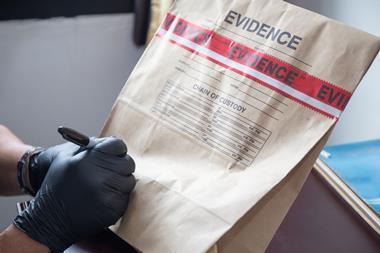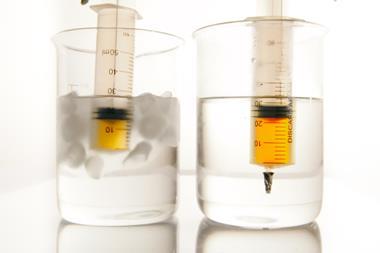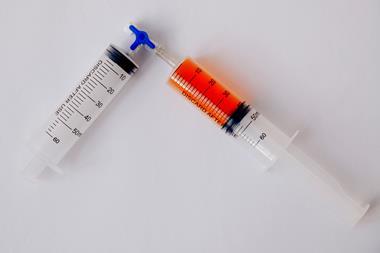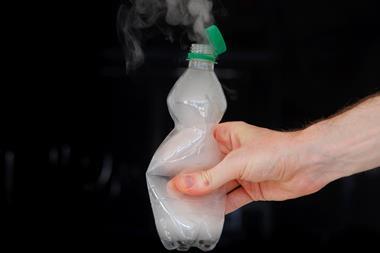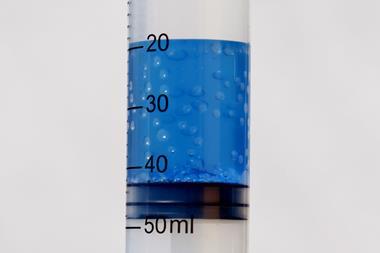Everything you need to know
-
- Salary range: £25–40k
- Minimum qualifications: Degree-level qualifications (including master’s)
- Skills required: Analytical skills, technical skills, laboratory techniques, data analysis, mathematical skills, attention to detail, problem solving, communication.
- Training required: Training on how to use specialist laboratory equipment.
- Work–life balance: Working within a laboratory-based role will likely mean working structured, business hours.
- Career progression: Opportunities to apply for more senior positions/responsibility.
- Locations: Find related work experience positions using our map of employers
- Find out more: Explore toxicologists' roles in more detail
More profiles like Calum's
I first decided on a career in chemistry when I went to secondary school. One of the chemistry teachers there was a real inspiration in the way he explained things but also making it fun. For example, how metals react or how salts dissolve and I found this all really interesting because I could see the applications of it.
Students should always be allowed to carry out hands-on experiments. It helps develop the theory-to-bench relationship which is important further on in your chemistry career.
Chemistry particularly interested me because it linked the other sciences together. I was interested in toxicology because I’d started reading about this field and was seeing that every substance was a poison depending on its concentration. For example, products in shops contain compounds that have to go through toxicology testing.
Any substance in the wrong quantity can kill a person. Forensic toxicology is really important to society because people abuse substances or take them accidentally in the wrong dose. We have traditional drugs of abuse such as heroin or cocaine or amphetamines but we have newer compounds and there are synthetic chemists in certain countries around the world who are trying to flood the market with these compounds.
One of the most exciting parts of my work is that no day is the same. We could be looking at casework about a particular drug or poison or it could be a newer emerging poison. We have to have good written skills to produce reports that are suitable to go to court.
My advice to anyone considering toxicology as a career is that you should study a background science first and then specialise later on. If you are studying chemistry or physics you might want to study the toxicity of isotopes. If you are studying biochemistry then you might be interested in how chemicals react within tissues. If you study biology then you might be interested in how toxicology reacts on certain species.
Probably the best bit of advice I’ve been given in my career is to be determined, don’t give up. If you always try hard and work hard no matter how you’re feeling opportunities will eventually come your way.








